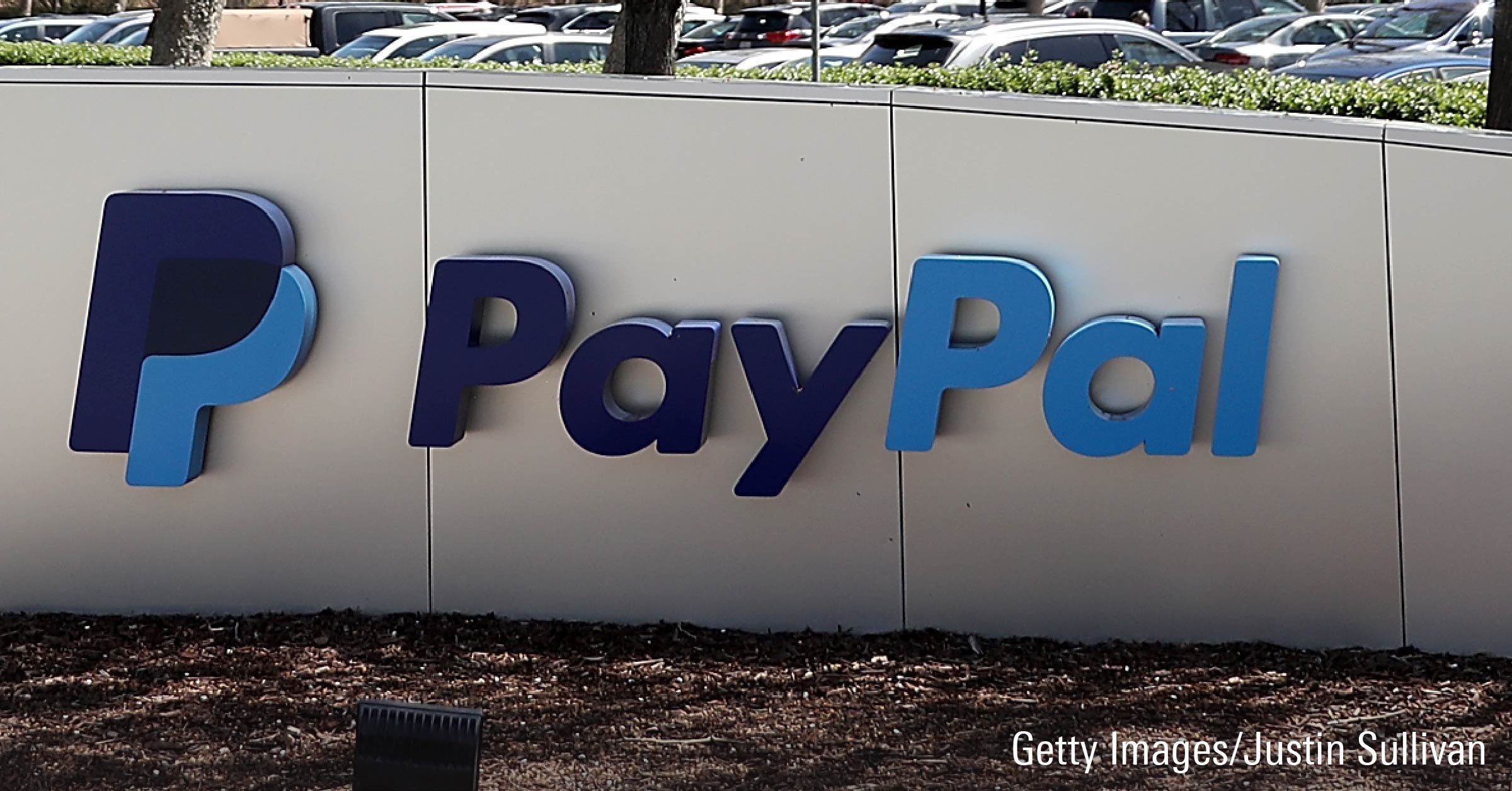Is PayPal's Stock Overvalued?
Morningstar's analyst thinks the company could face headwinds in 2022, but investors may want to log on at the stock's current price.

Bulls Say
- There is still plenty of runway for growth in electronic payments, which surpassed cash payments on a global basis just a couple of years ago.
- The scalable nature of the business should allow PayPal to improve its margins over time.
- PayPal's long-running experience in online payments is a unique asset that is becoming more valuable as e-commerce becomes a bigger piece of the pie.
Bears Say
- The separation between online and point-of-sale transactions is blurring, and PayPal may increasingly come into competition with larger companies in the future.
- Alipay and WeChat are examples of how governments could favor local players; this could shut PayPal out of some emerging-market opportunities.
- Opportunities to monetize Venmo could be limited.
Morningstar Analyst Brett Horn Says
PayPal’s PYPL development of a network of both merchants and consumers early in the evolution of e-commerce allowed the company to build and maintain an enviable competitive position. In recent years, PayPal’s growth has remained turbocharged by the ongoing shift toward electronic payments and the rise of e-commerce, with the coronavirus further accelerating the shift toward e-commerce. Management previously set a target of 20% annual top-line growth over the next five years, although the company may see some headwinds this year.
Longer term, the picture is less certain. We see a mix of competitive opportunities and threats that create a fairly wide range of outcomes. PayPal remains a somewhat unique player in the payments space. We think this remains its key strength, but its position on both the merchant and consumer sides could be challenged over the long run. Traditional point-of-sale acquirers are building out their online capabilities. We think it is notable that the commonality in the wave of mergers and acquisitions in 2019 was the combination of acquirer and issuer operations; this suggests to us that competitors are interested in replicating the PayPal model.
Also, financial technology innovation appears to be concentrated in the e-commerce space, which has given rise to some new competitors. Competition on both sides could chip away at PayPal’s position. On the consumer side, services like Apple Pay represent competition for PayPal. On the other hand, PayPal remains a preferred partner in the online space and could leverage this into a growing presence in point-of-sale transactions. In balance, we think the company can hold its own, but we recognize the potential to veer in either direction.
An additional attraction is the rapid growth that PayPal’s Venmo and other peer-to-peer platforms are experiencing. Efforts to monetize the platform are in still in the early stages, although this business generated about $900 million in revenue in 2021 (about 4% of expected revenue). Venmo is not likely to be a major driver anytime soon, and its future is difficult to predict, but it has potential to create upside to our fair value estimate.
Key Proprietary Morningstar Metrics
Fair Value Estimate: $145 Star Rating: 4 Stars Economic Moat Rating: Narrow Moat Trend Rating: Stable
To read the full analyst report for PayPal and 1,500 other stocks, start your free 14-day trial of Morningstar Premium. Learn more about how to read a Morningstar Stock Analyst report here.

/s3.amazonaws.com/arc-authors/morningstar/da2d065f-39a9-49e3-8551-1d3832fc658a.jpg)
/cloudfront-us-east-1.images.arcpublishing.com/morningstar/WC6XJYN7KNGWJIOWVJWDVLDZPY.png)
/cloudfront-us-east-1.images.arcpublishing.com/morningstar/HHSXAQ5U2RBI5FNOQTRU44ENHM.jpg)
/cloudfront-us-east-1.images.arcpublishing.com/morningstar/737HCNGRFLOAN3I7RKGB7VPEKQ.png)
:quality(80)/s3.amazonaws.com/arc-authors/morningstar/da2d065f-39a9-49e3-8551-1d3832fc658a.jpg)